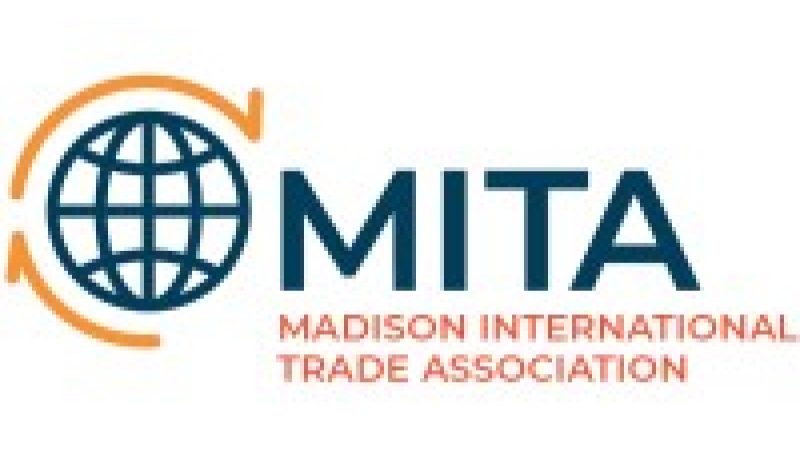Post-Brexit, the U.K. is writing its own trade agreements that could benefit Wisconsin agriculture.
The pandemic’s disruption of the U.K. supply chain has led the United Kingdom to seek out more trade opportunities with the U.S., two British Consulate representatives explained in a recent Madison International Trade Association event.
Brexit is the name given to the U.K.’s departure from the EU in January 2020. The two entities signed a trade and cooperation agreement on Dec. 24.
In 2019, the Badger State exported $1.3 billion worth of goods to the U.K., said Melissa Wooten, the senior trade policy advisor at the British Consulate. Those exports supported 7,000 jobs in the state and made the U.K. the fourth largest export market in Wisconsin.
“The U.K.’s departure from the European Union has given it more flexibility to diverge from the EU practices,” Wooten said.
This includes the approach to geographic indicators — a sign on products that have a specific geographical origin with a quality or reputation due to that origin. The U.K. currently has 88 GIs, including Scotch Whisky.
“We’ve heard previously from dairy producers here in the state that raw GIs are something that folks very much want to avoid,” she said. “Under the U.K.’s agreement with the EU, the U.K. will no longer be locked into the changes that the EU makes on its GIs.”
Wooten called the agriculture discussions in the free trade agreement negotiations “a tricky subject.”
She explained U.K. consumers are accustomed to the EU system that’s been in place for two generations. New ag and food policies would be just a governmental policy change, but a social change as well.
“Folks in the U.K., I think, are rightly really concerned with where their food is coming from, how it’s produced, if it’s produced responsibly, so I think it’ll take some time just to get people to come around to a different way of thinking and to feel confident that the food that they’re eating, if they’re getting it from new places, is the same high quality, which we know that it is,” said Wooten, who is originally from the U.S.
Freya Macknight, the first secretary of trade policy at the British Consulate, said the agriculture chapter is still under negotiation. Then the U.K. government will have to focus on messaging that new policy to consumers.
But a new chapter would bring more choices to consumers, she said. Americans will be able to enjoy Scotch Whisky and the U.K. will be able to sample Wisconsin cheeses. In addition to products, it can liberalize access to services, such as agriculture practices, technology and research, Macknight said.
It will also allow for more collaborations between companies in the U.S. and U.K., Wooten added.
“I’m hopeful that a [free trade agreement] can find more synergies and opportunities to work together in those spaces,” she said.
-By Stephanie Hoff
WisBusiness.com




